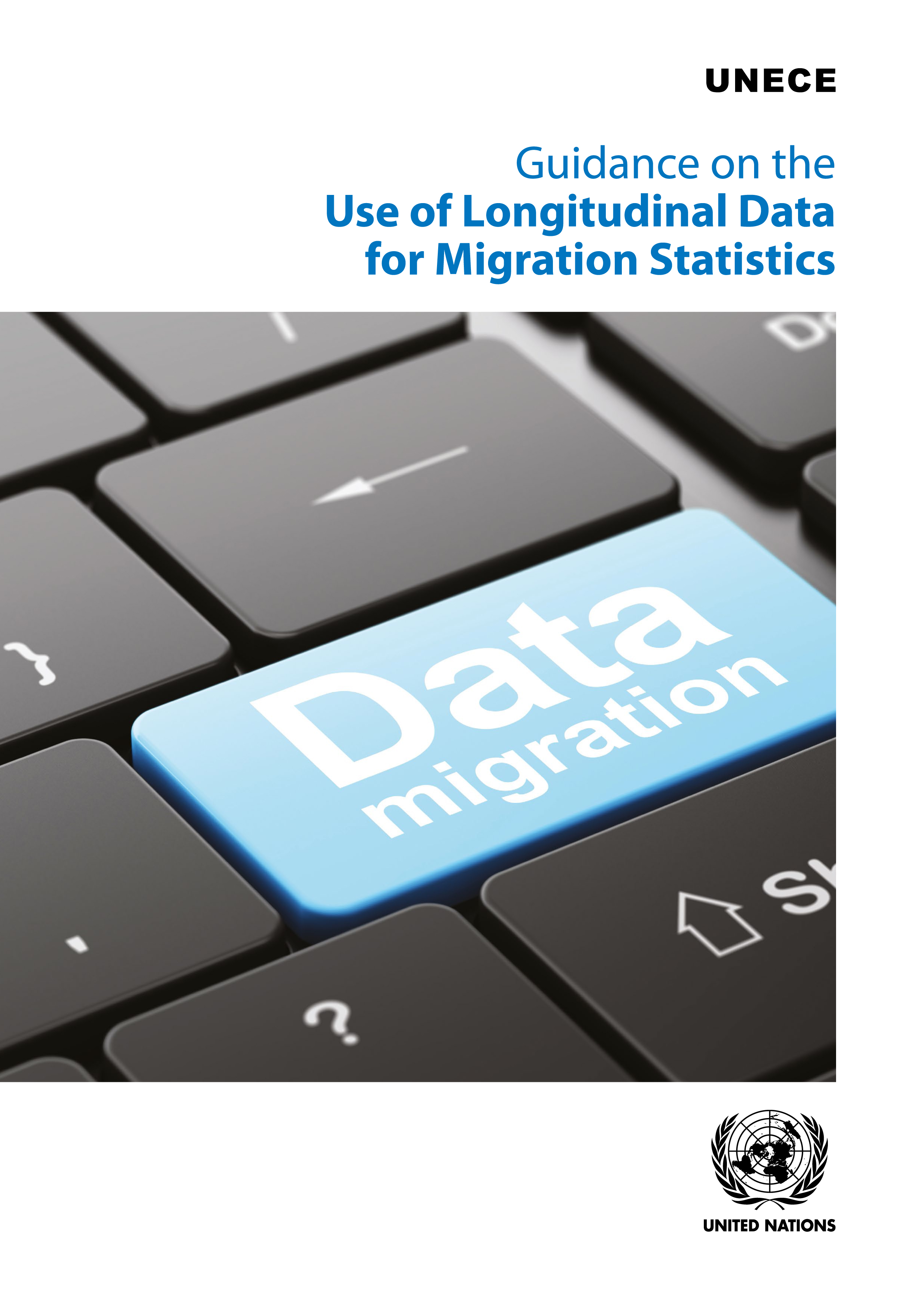Overview of longitudinal data sources for migration statistics

- Author: United Nations Economic Commission for Europe
- Main Title: Guidance on the Use of Longitudinal Data for Migration Statistics , pp 3-16
- Publication Date: June 2021
- DOI: https://doi.org/10.18356/9789210054898c004
- Language: English
18. Longitudinal data refers to information which is collected from the same units of analysis, such as individuals or households, over time. Longitudinal analysis can uniquely and accurately describe individual trajectories through time. Longitudinal data allow us to study and understand life events and transitions, over the life course and inter-generationally. This is particularly useful for the study of international migration, since settlement into a new country is a long-term process. Longitudinal data can reveal the geographic and socioeconomic outcomes of the migration experience. Longitudinal data collected over an extended period allows us to understand not only the migrants’ experiences but also those of their children.
© 2020 United Nations
ISBN (PDF):
9789210054898
Book DOI:
https://doi.org/10.18356/9789210054898
Sustainable Development Goals:
-
From This Site
/content/books/9789210054898c004dcterms_title,dcterms_subject,pub_keyword-contentType:Journal -contentType:Contributor -contentType:Concept -contentType:Institution105
/content/books/9789210054898c004
dcterms_title,dcterms_subject,pub_keyword
-contentType:Journal -contentType:Contributor -contentType:Concept -contentType:Institution
10
5



